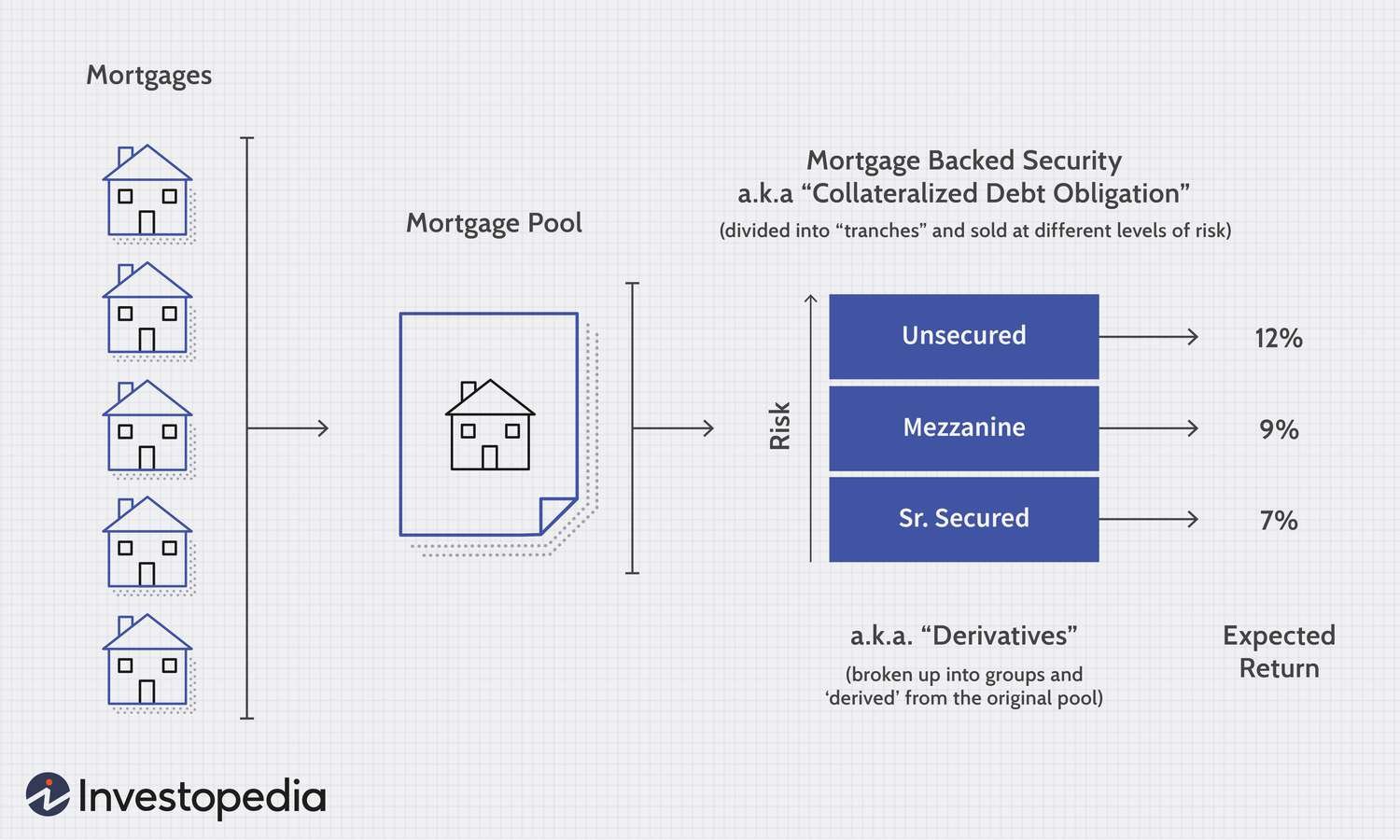Looking for tips on managing remote team finances? We’ve got you covered. In today’s ever-evolving digital landscape, many companies are transitioning to remote work environments. While this offers numerous advantages, it also presents unique challenges when it comes to managing team finances. From tracking expenses to ensuring timely payments, there are key strategies to keep your remote team’s finances in check. In this article, we’ll share practical tips for managing remote team finances effectively, helping you navigate this new frontier with confidence and financial success. So, let’s dive in and explore the best practices for maintaining financial stability in your remote team.
Tips for Managing Remote Team Finances
Managing the finances of a remote team can be challenging, especially when you consider factors such as different time zones, various currencies, and the lack of physical proximity. However, with the right strategies in place, you can effectively manage your remote team’s finances and ensure the financial health of your organization. In this article, we will explore several valuable tips to help you navigate the complexities of managing remote team finances.
1. Establish Clear Financial Processes
Clear financial processes are essential for managing remote team finances effectively. By establishing guidelines and procedures, you can ensure that everyone on your team understands how financial transactions should be handled. Consider the following steps to establish clear financial processes:
- Create a financial policy document that outlines the company’s expectations for expense reporting, reimbursement procedures, and other financial matters.
- Clearly communicate the financial policy to all team members and provide them with the necessary resources to adhere to it.
- Implement a centralized system for managing financial transactions, such as a cloud-based accounting software or expense management platform.
2. Streamline Expense Reporting
Expense reporting can be a time-consuming task, especially when dealing with a remote team. Streamlining the process can help save time and reduce the likelihood of errors. Here are some tips for streamlining expense reporting for your remote team:
- Provide clear instructions on how to submit expense reports, including required documentation and formatting guidelines.
- Encourage team members to use online expense tracking tools or mobile apps that automate the process and make it easier to capture and categorize expenses.
- Set regular deadlines for expense report submissions to ensure timely reimbursement and accurate financial records.
- Implement a system for reviewing and approving expense reports efficiently, such as assigning designated individuals or using online approval workflows.
3. Use Digital Payment Solutions
When managing a remote team, traditional payment methods such as checks or wire transfers can be inconvenient and time-consuming. Embracing digital payment solutions can simplify the process and improve efficiency. Consider the following digital payment options:
- Online payment platforms like PayPal, Stripe, or TransferWise allow for easy and secure transactions across different countries and currencies.
- Virtual credit cards can be used to provide team members with individual spending limits and enhanced security for online purchases.
- Explore options for direct bank transfers or electronic fund transfers (EFTs) to streamline payments to team members.
4. Monitor Cash Flow Regularly
Maintaining a healthy cash flow is crucial for any business, regardless of whether it operates remotely or has a physical presence. Regular monitoring of cash flow will help you identify potential issues early on and take appropriate actions. Consider the following tips for monitoring cash flow in your remote team:
- Implement a cloud-based accounting system that allows you to track income and expenses in real-time.
- Generate regular financial reports to analyze cash flow patterns and identify any discrepancies or unexpected fluctuations.
- Monitor accounts receivable and accounts payable to ensure timely payments and minimize the risk of cash flow problems.
- Establish clear communication channels with team members responsible for financial transactions to keep track of upcoming expenses or outstanding payments.
5. Foster Open Communication
Effective communication is vital for managing remote team finances successfully. It helps ensure that everyone is on the same page and minimizes the risk of misunderstandings or errors. Consider the following practices to foster open communication within your remote team:
- Encourage team members to ask questions and seek clarifications regarding financial processes or policies.
- Host regular virtual meetings or video conferences to discuss financial updates, address concerns, and provide opportunities for feedback.
- Establish a dedicated channel for financial queries or issues, such as a shared chat room or email address.
- Provide timely responses to financial inquiries and offer guidance or support when needed.
6. Prioritize Security and Data Protection
Managing remote team finances involves handling sensitive financial information. Prioritizing security and data protection is crucial to safeguard your team members’ data and your organization’s financial well-being. Consider the following measures to enhance security and data protection:
- Implement strong passwords and two-factor authentication for all financial systems and tools.
- Regularly update software and applications to protect against vulnerabilities and potential security breaches.
- Establish strict access controls, granting team members only the necessary permissions to perform their financial responsibilities.
- Encrypt sensitive financial data and ensure backups are regularly performed and securely stored.
7. Seek Professional Assistance
Managing remote team finances can be complex, and it may be beneficial to seek professional assistance from a financial advisor or accountant. They can provide valuable guidance tailored to your specific situation and help you navigate any legal or tax considerations. Consider the following scenarios where seeking professional assistance can be beneficial:
- When expanding your remote team to different countries with complex tax regulations and compliance requirements.
- When dealing with significant financial transactions or investments that require expert advice.
- When facing financial challenges or uncertainties that require experienced insights to develop a strategic plan.
By implementing these tips for managing remote team finances, you can streamline processes, enhance communication, and ensure the financial well-being of your organization. Remember to regularly review and adapt your financial strategies as your remote team grows and evolves.
The 21 Rules for Managing Remote Teams
Frequently Asked Questions
Frequently Asked Questions (FAQs)
1. How can I effectively manage the finances of my remote team?
To effectively manage the finances of your remote team, consider implementing the following strategies:
– Set clear expectations regarding budgeting and expense reporting.
– Use digital tools and platforms for expense tracking and reimbursement.
– Regularly review and analyze financial reports to identify any discrepancies or potential areas for improvement.
– Establish a process for invoice and payment management to ensure timely payments.
– Communicate regularly with team members about financial matters, such as budget updates and any changes in financial policies.
2. What are the key challenges in managing remote team finances?
Managing remote team finances comes with its own set of challenges, including:
– Tracking expenses across different time zones and currencies.
– Ensuring compliance with tax regulations in multiple jurisdictions.
– Maintaining clear and transparent communication about financial matters.
– Managing cash flow and budgeting effectively without physical oversight.
– Minimizing the risk of fraud or unauthorized spending.
3. How can I ensure proper budgeting within my remote team?
To ensure proper budgeting within your remote team, consider the following steps:
– Analyze historical data and expenses to establish a baseline budget.
– Review your team’s financial goals and align your budget accordingly.
– Encourage team members to provide input and suggestions during the budgeting process.
– Regularly monitor and adjust the budget as needed based on changing circumstances.
– Keep track of any unexpected or one-time expenses that may arise during a project.
4. What measures can I take to monitor remote team expenses efficiently?
To monitor remote team expenses efficiently, consider the following measures:
– Implement expense tracking software or tools to automate the process.
– Set clear guidelines for expense reimbursement and documentation.
– Review expense reports regularly and address any discrepancies or concerns promptly.
– Use real-time reporting and analytics to gain insight into spending patterns.
– Schedule regular financial check-ins with team members to discuss expenses.
5. How can I ensure tax compliance for my remote team?
Ensure tax compliance for your remote team by following these steps:
– Understand the tax regulations and requirements of the jurisdictions where your team members are based.
– Seek advice from a tax professional or consultant who is knowledgeable in remote work and international taxation.
– Keep accurate records of income, expenses, and any applicable tax forms.
– Communicate with your team about their individual tax responsibilities and provide resources or guidance where needed.
– Regularly review and update your tax strategies to adapt to any changes in regulations.
6. What strategies can I use to minimize the risk of fraud in remote team finances?
Minimize the risk of fraud in remote team finances by implementing these strategies:
– Establish strict authorization and approval processes for financial transactions.
– Regularly review and reconcile financial records to identify any irregularities.
– Limit access to financial systems and sensitive information to authorized personnel only.
– Educate team members about common fraud schemes and how to detect and report them.
– Use secure and encrypted platforms for financial transactions and data storage.
7. How can I improve cash flow management for my remote team?
Improve cash flow management for your remote team by considering the following actions:
– Implement efficient payment and invoicing systems to ensure timely receipt of funds.
– Negotiate favorable payment terms with clients or customers.
– Encourage prompt submission of expense reports and reimbursement requests.
– Regularly monitor and project cash flow using financial forecasting tools.
– Seek advice from a financial professional or consultant on optimizing cash flow.
8. What are the benefits of effectively managing remote team finances?
Effectively managing remote team finances offers several benefits, including:
– Improved financial transparency and control.
– Minimized financial risks and potential losses.
– Enhanced budgeting capabilities for better resource allocation.
– Streamlined expense tracking and reimbursement processes.
– Reduced financial stress for both team members and management.
Final Thoughts
Managing remote team finances can pose unique challenges, but with the right strategies in place, it is possible to navigate these obstacles effectively. Start by ensuring clear communication with team members regarding financial expectations and processes. Implementing streamlined expense tracking systems can help track expenditures accurately. Regularly reviewing and analyzing financial data can provide valuable insights for making informed decisions. Additionally, establishing transparent reimbursement procedures and setting realistic budgets can contribute to better financial management. By following these tips for managing remote team finances, businesses can foster financial stability and enhance organizational success.



